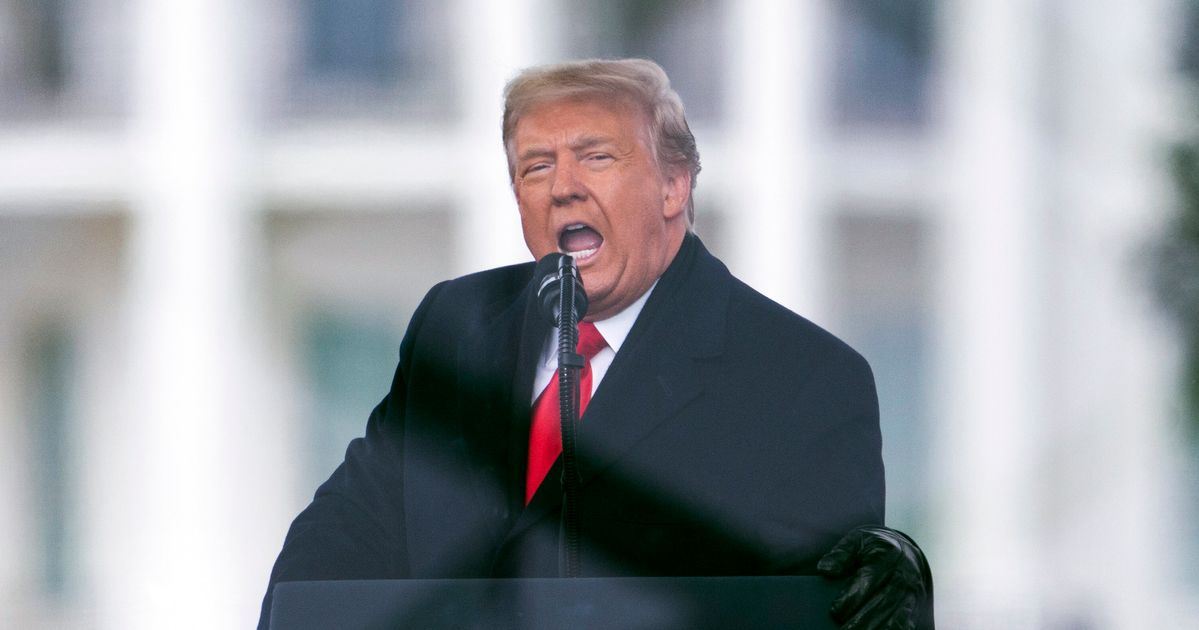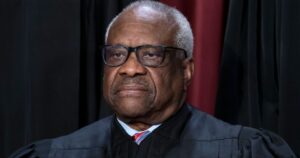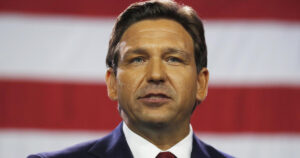Key takeaways:
- The DOJ ruled that former President Donald Trump can be sued by Capitol Police officers and Democratic lawmakers over the Jan. 6, 2021, insurrection at the U.S. Capitol.
- The lawsuits were filed by police officers and members of Congress who were injured in the riot.
- The DOJ’s ruling is a reminder that no one is above the law, even a former president, and sets a precedent for future presidents.
The Department of Justice (DOJ) has ruled that former President Donald Trump can be sued by Capitol Police officers and Democratic lawmakers over the Jan. 6, 2021, insurrection at the U.S. Capitol. The ruling was made in a federal court case that tested Trump’s legal vulnerability and the limits of executive power.
In a court filing in the U.S. Court of Appeals for the District of Columbia, the DOJ’s civil division said that Trump does not have absolute immunity from the lawsuits, which seek to hold him liable for damages stemming from the Jan. 6 riot. The brief stated that while a president enjoys broad legal latitude to communicate to the public on matters of concern, “no part of a President’s official responsibilities includes the incitement of imminent private violence.”
The lawsuits were filed by police officers and members of Congress who were injured in the riot. The Capitol Police officers are seeking damages for physical and emotional injuries they sustained while trying to protect the Capitol from the mob of Trump supporters. The Democratic lawmakers are seeking damages for the disruption of Congress’s certification of the 2020 presidential election results.
The DOJ’s ruling is a major blow to Trump, who has long argued that he is immune from civil lawsuits. It is also a victory for the Capitol Police officers and Democratic lawmakers, who are now able to pursue their claims against the former president.
The DOJ’s ruling is a reminder that no one is above the law, even a former president. It is also a reminder that the president’s official duties do not include inciting violence. The ruling sets a precedent for future presidents, and will likely have a lasting impact on the limits of executive power.



Be First to Comment